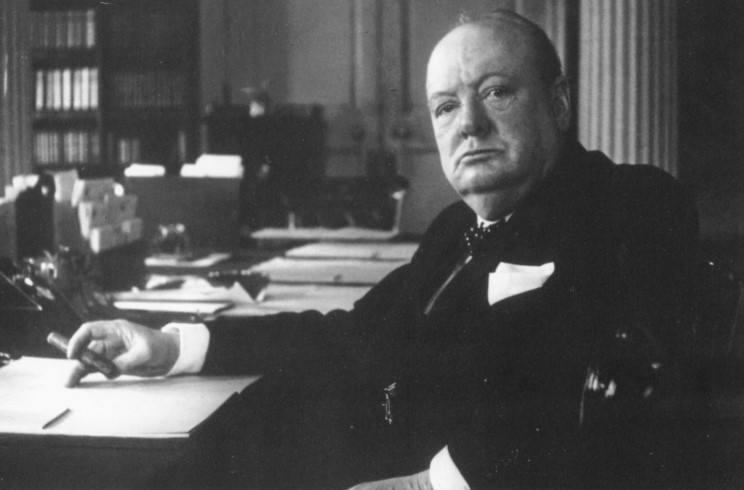We often wonder, as writers, how our readers see us. We wonder what they might think of our way with words, our ability to tell a rollicking story. How do readers think we come up with the fabricated murders, deaths, disasters, trials and tribulations through which we put our poor protagonists? When we write of neglected gardens, dusty rooms, burnt dinners and lost keys, do they think we base our fiction on the truths in our own lives? When we write about drunken uncles, forgetful mothers, cruel sublings, and sorrowful aunts, do they think we base our characters on real relatives?

Authors have always felt under scrutiny by their public. They leave memoirs that show a depth of concern, a deep lack of confidence in their own ability to make up a story and have it believed for what it is - pure fiction.
It's not only authors who feel they might be viewed in a bad light because of what they do. Actors who take on the parts of antagonists, of characters who commit awful deeds, of frivolous socialites, of greedy businessmen, of pirates who slice off hostages' heads without a blink, often wonder whether audiences think they are capable of such dastardly deeds.
 Anyone who puts pen to paper, though, knows of the power of the written word to persuade. Winston Churchill knew the feeling. He did have an eye on the future, and on generations in posterity that might question his motives, his judgement, and his ability to strategize and act out perfect diplomacy with a big international D. It was the kind of questioning he knew would happen, so he found a way around it.
Anyone who puts pen to paper, though, knows of the power of the written word to persuade. Winston Churchill knew the feeling. He did have an eye on the future, and on generations in posterity that might question his motives, his judgement, and his ability to strategize and act out perfect diplomacy with a big international D. It was the kind of questioning he knew would happen, so he found a way around it.'History will be kind to me for I intend to write it.' He wrote. Ah - that's one way of doing it. When the diplomat, the strategist and the quintesssential politician write the history books themselves, the written word cannot fail them. History is kind to those who take their own deeds into their own pen as ink.
This is what comes to mind when I think of my own as yet unwritten memoirs or autobiography. It is the vainest undertaking in the world, one might think. But it is a powerful thing to leave nothing to chance and make sure history is kind to the author, because the author has made sure the history is written in a certain way.
What do you think?



'History will be kind to me for I intend to write it.'
ReplyDeleteHm ... I'd better get started.
I agree with Mark!
DeleteYou raise a questions here well worth considering. Thank you for making me think about this. Even if not to publish, it is simply to leave behind for one's descendants. Hmmm...
ReplyDelete